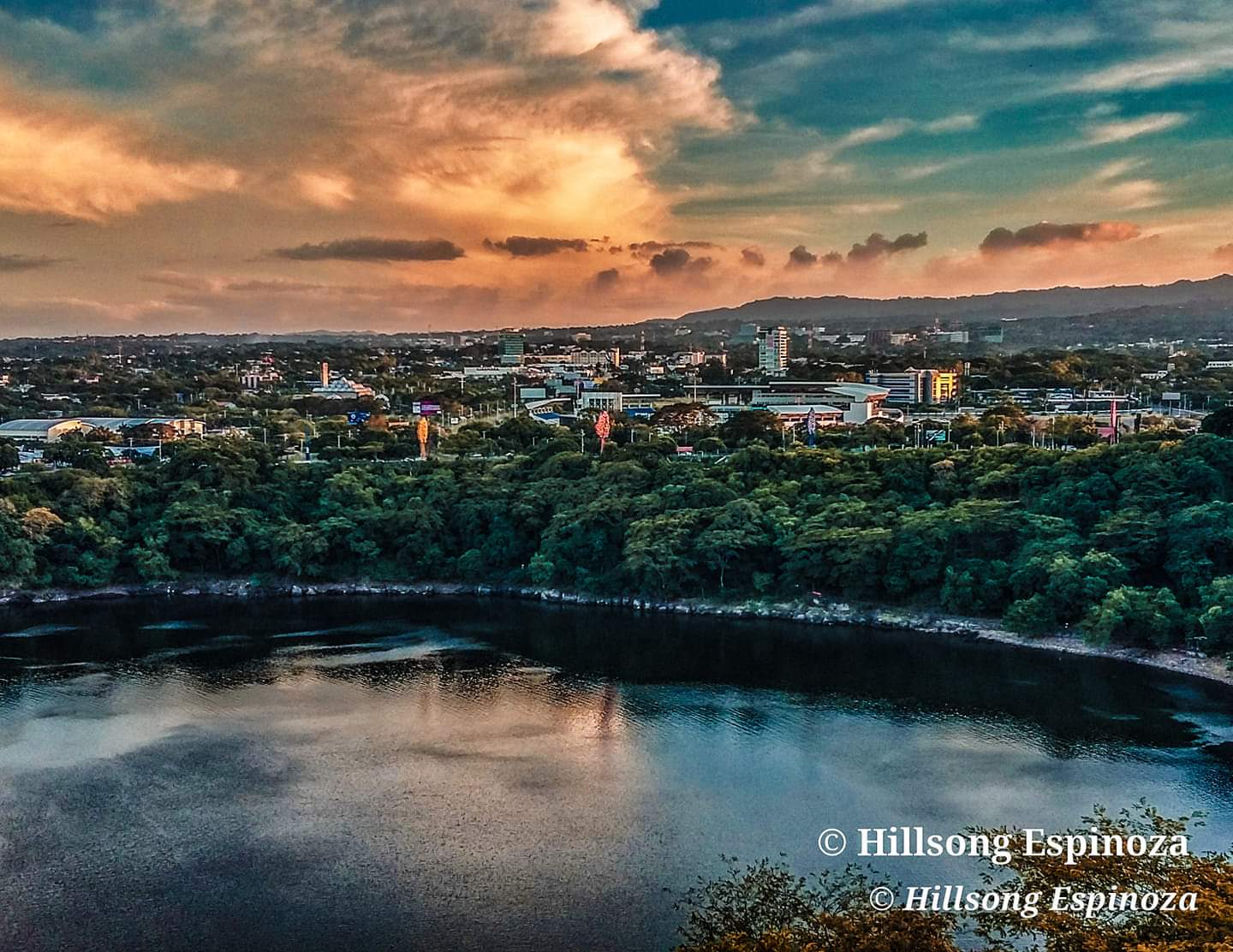
Politics vs. Religion?: The Case of Nicaragua
Teresa Flores
Managua Nicaragua Centroamérica by Hillsong7 (CC BY-SA 4.0).
During crises or social conflicts in Nicaragua, the Catholic Church has served as a mediator and promoter of justice and peace. In countries with an authoritarian tendency such as Nicaragua, the Church’s support and guidance has been perceived as a threat to the government’s stability. In that kind of environment, religious leaders defending the “opposition,” demanding the release of political prisoners, or calling for free and democratic elections can face criminal charges and even jail. Some Nicaraguan religious communities now face this harsh situation.
Over the more than 20 years with Daniel Ortega as president, the various branches of government have been co-opted, turning the Nicaraguan government into an authoritarian regime. Frequent episodes of corruption, nepotism, and electoral fraud have led to serious institutional deterioration and the gradual weakening of the opposition. In recent years, a series of civil society claims against the pension system in April 2018 culminated in anti-government protests demanding the president’s resignation. The manifestations of citizen dissatisfaction were and still are violently repressed by the authorities.
Along the way, various actors have been involved, either on the government’s side, justifying the regime’s violent reactions, or as part of the so-called “opposition,” calling for respect for democracy and human rights. Among the latter, we can include the Catholic Church; in this scenario, the tension between the state and the church has been escalating.
On February 9, the National Assembly approved the Reform Law to Article 21 of the Political Constitution of the Republic of Nicaragua and the Special Law Regulating the Loss of Nicaraguan Nationality. Both laws create a legal framework to sanction those actions considered harmful to the supreme interests of the nation, turning those who undertake them into “traitors to the homeland,” who are therefore liable to lose their Nicaraguan nationality. Under these rules, around 316 Nicaraguan nationals have already been declared stateless simply for openly disagreeing with the government’s measures. Among them are 222 political prisoners who, after being released, were exiled to the United States. It is worth mentioning that release does not imply acquittal. In that sense, the government persecution against them has not ceased, and in some cases, may extend to family members who still live in the country.
In this context, the religious community, especially the Catholic community, is the continuous target of state reprisals. The refusal of many ecclesiastical authorities to submit to the line of government of the Ortega-Murillo duo (presidential couple) has placed them in a situation of vulnerability that has worsened since April 2018, when widespread protests against the government broke out . Father ÓScar Danilo Benavidez, a parish priest in Mulukukú, Ramiro Tijerino, rector of the John Paul II University, and José Díaz and Sadiel Eugarrios, first and second vicar of the cathedral of Matagalpa, were sentenced to 10 years in prison for the crime of conspiracy and had their rights as citizens revoked. They were part of the group of 222 released prisoners exiled from the country.
On February 10, Monsignor Rolando Álvarez was sentenced to 26 years and 4 months in prison. He also lost his Nicaraguan nationality, and had his rights as a citizen suspended for life. To date, the Catholic leader is being held in a maximum-security cell in La Modelo prison.
The trials in which “opposition” figures, including political and religious leaders, as well as ordinary citizens, are prosecuted have been classified as arbitrary and illegal. They violate the right to due process and other constitutional guarantees. Their irregularities include the improper use of criminal accusations, the absence of an impartial judge, the defense’s inability to choose a defense attorney, (one is assigned by the State) and a lack of transparency in the proceedings.
In addition to imprisonment, those who have spoken out against the government face sanctions including a lifelong disqualification from holding public office and the loss of their assets, not to mention physical and verbal intimidation, loss of visas, and other impediments to leaving the country.
The situation in Nicaragua has led bodies such as the Inter-American Commission on Human Rights (IACHR), the Office of the United Nations High Commissioner for Human Rights for Central America and the English Caribbean (OHCHR), the UN Refugee Agency (UNHCR), and even the High Representative of the European Union for Foreign Affairs (EU) to condemn these actions as a sign of the worsening of the human rights situation in the country. In Nicaragua, the government’s attempts to curtail dissent has led to an inadvertent crackdown on religion in general. Temples and houses of worship have come under surveillance, and the government has recently prohibited holding processions or celebrating religious festivities in public spaces. Finally, political prisoners have been denied the religious materials needed to conduct worship inside of prison. The impediments that priests face to entering Nicaragua, and the fact that they may face expulsion or imprisonment once there, have left entire religious communities adrift. This repression has disrupted the right of each congregation or religious group to elect its own authorities. Religious groups’ social and humanitarian aid programs have also been interrupted by government repression. Finally, many priests ordained in Nicaragua have been forced to leave the country to reduce the risk to the members of their faith communities, to their own families, and to safeguard their own integrity and freedom.
The measures ordered by the government to sanction members of the Church and other religious communities involved in political organizing has led to more general limitations on the right to religious freedom in Nicaragua.
We must not lose sight of the fact that, in silencing religious leaders, the authorities are attempting to remove one of the few institutions which can challenge them in terms of influence and appeal and which, furthermore, creates a space in which dialogue and the exercise of democracy and respect for human rights are possible, in clear contrast to the undemocratic and illegitimate strategies of authoritarian governments.♦
Originally published as: ¿Política vs. Religión?: El caso de Nicaragua. Agenda Estado de Derecho. 2023/03/23. Disponible en: https://agendaestadodederecho.com/politica-vs-religion-el-caso-de-nicaragua/

Teresa Flores is a Peruvian lawyer. She has given lectures on issues related to hostilities against the right to religious freedom in different academic and political forums in Cuba, Colombia, Honduras, Mexico and Peru, with publications about those topics. She is currently working as director of the Observatory of Religious Freedom in Latin America – OLIRE, a research, training, and advocacy program whose mission is to promote religious freedom and highlight the restrictions on this right throughout the region.
Recommended Citation
Flores, Teresa. “Politics vs. Religion?: The Case of Nicaragua.” Canopy Forum, April 20, 2023. https://canopyforum.org/2023/04/20/politics-vs-religion-the-case-of-nicaragua/.

